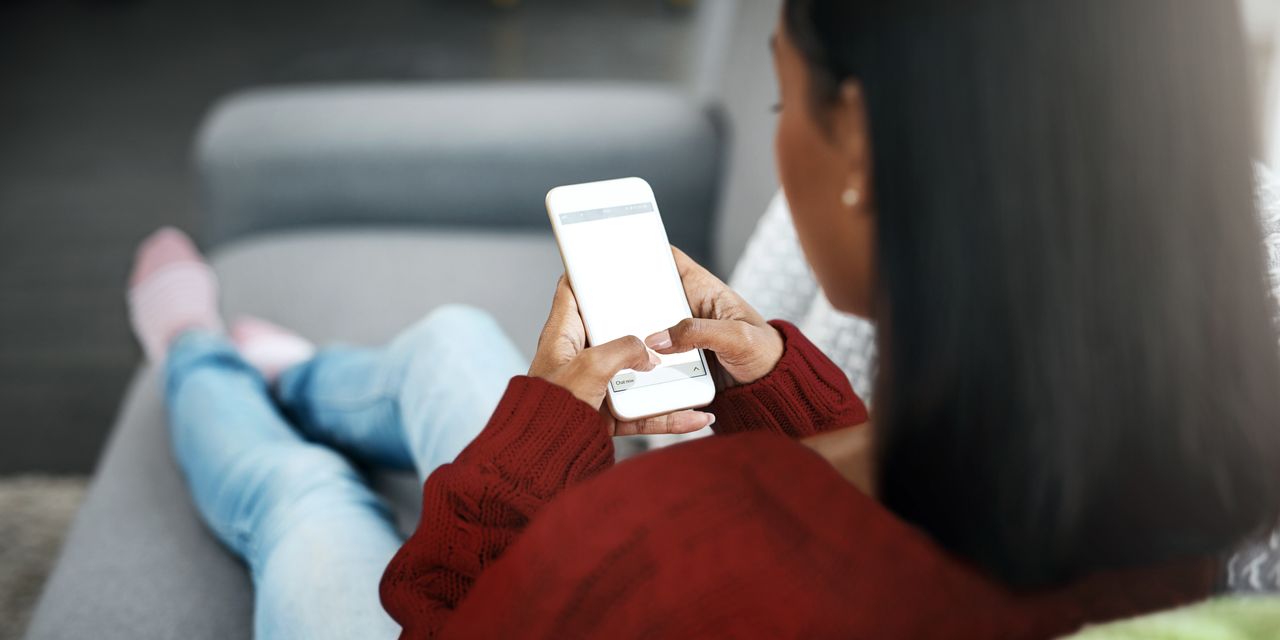
Some say laughter is the best medicine.
Now there’s new evidence to suggest that scrolling through COVID memes over the past year and a half has helped people to cope with the stress of the pandemic, the American Psychological Association reports.
Researchers with Pennsylvania State University and the University of California-Santa Barbara surveyed 748 people online in December 2020 to determine whether looking at memes — aka funny images and text shared on social media, which are often copied and tweaked slightly to be topical — would influence their emotions and coping skills surrounding the COVID-19 pandemic. And people reported feeling calmer and more content after looking at memes, according to the findings published in the journal Psychology of Popular Media this week, which is put out by the APA. This was indirectly related to less stress about the pandemic.
What’s more, people who eyed memes with captions that addressed COVID-19 in particular were even more likely to have lower stress levels about the pandemic than those who looked at memes without COVID-related captions.
It should be noted, of course, that plenty of studies have also found that spending too much time “doomscrolling” or “doomsurfing” online (aka reading through tons of bad news), as well as spending too much time on social media, period, can raise stress and anxiety, and take a toll on mental health. The World Health Organization has also warned against reading or watching too much COVID-19 news if it makes you anxious.
But what the new APA study suggests is that reading a funny meme or two that pokes fun at dire news could be a positive way to process it.
“While the World Health Organization recommended that people avoid too much COVID-related media for the benefit of their mental health, our research reveals that memes about COVID-19 could help people feel more confident in their ability to deal with the pandemic,” said lead author Jessica Gall Myrick, a professor at Pennsylvania State University, in an APA news release.
In a similar vein, a study published in the journal Scientific Reports last year found that people suffering from depression found “depressive memes” that referenced death, suicide, isolation or hopelessness as funnier and more relatable than more neutral-themed memes. The researchers also found that the depressed subjects were more likely to report sharing these depressive memes with others struggling with their mental health, because they believed the memes could help them feel better.
And while a recent study published in the peer-reviewed journal PLOS One also found that doomscrolling about COVID-19 can have negative effects on mental health, “kindness-scrolling,” or swiping through stories and images about pandemic acts of kindness, did not have the same negative effects. So this suggests that “not all social-media exposure is detrimental for well-being,” the researchers wrote.
In short, the gallows humor that has popped up online throughout the past 18 months or so about social distancing, toilet-paper shortages, work-from-home struggles, financial woes and contentious political divides wasn’t merely a mindless distraction. In fact, these memes have helped people to feel less isolated and to process the news, which has been overwhelming at times.
“Social media is actually doing what it was meant to do: connecting more of us to each other,” Dr. Amanda Spray, a clinical psychologist at NYU Langone Health in Manhattan, previously told MarketWatch. “This takes us out of the intensity of the situation, which can be very helpful.”
“The humor brings us together because we find our common humanity in the humor. We all feel the sense of warmth,” agreed Judy Holland, a journalist who has researched loneliness and anxiety for her new book, “HappiNest: Finding Fulfillment When Your Kids Leave Home.” She also spoke with MarketWatch about how viral memes became self-care during the pandemic. “It gives us a break, so we seek it out.”
A look back: Take your mind off of the coronavirus for a few minutes with these feel-good videos, memes and threads
And there’s also research to suggest that there’s even more to memes than meets the eye. Italian mathematicians used machine-learning techniques and a grouping algorithm to analyze the evolution of 2 million memes shared on Reddit for a recent study published in the journal Scientific Reports. And they found that memes have become more complex over time. In fact, the report suggests that memes are becoming a “metalanguage.”
So the APA study concluded that memes could be tweaked to become public service announcements during stressful public events such as the pandemic.
“Public health advocates or government agencies could potentially benefit by using memes as a cheap, easily accessible way to communicate about stressful events with the public, though they should avoid overly cute memes,” Myrick said. “The positive emotions associated with this type of content may make people feel psychologically safer and therefore better able to pay attention to the underlying messages related to health threats.”










